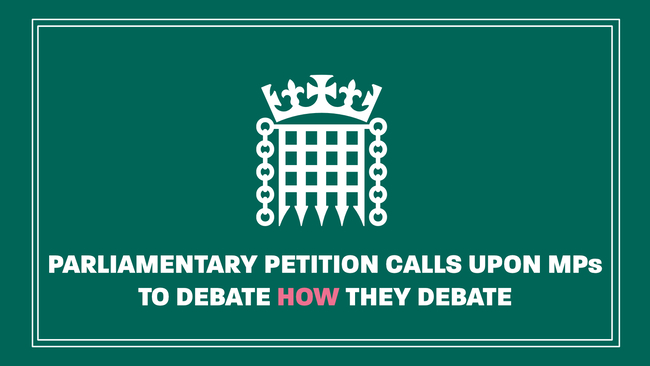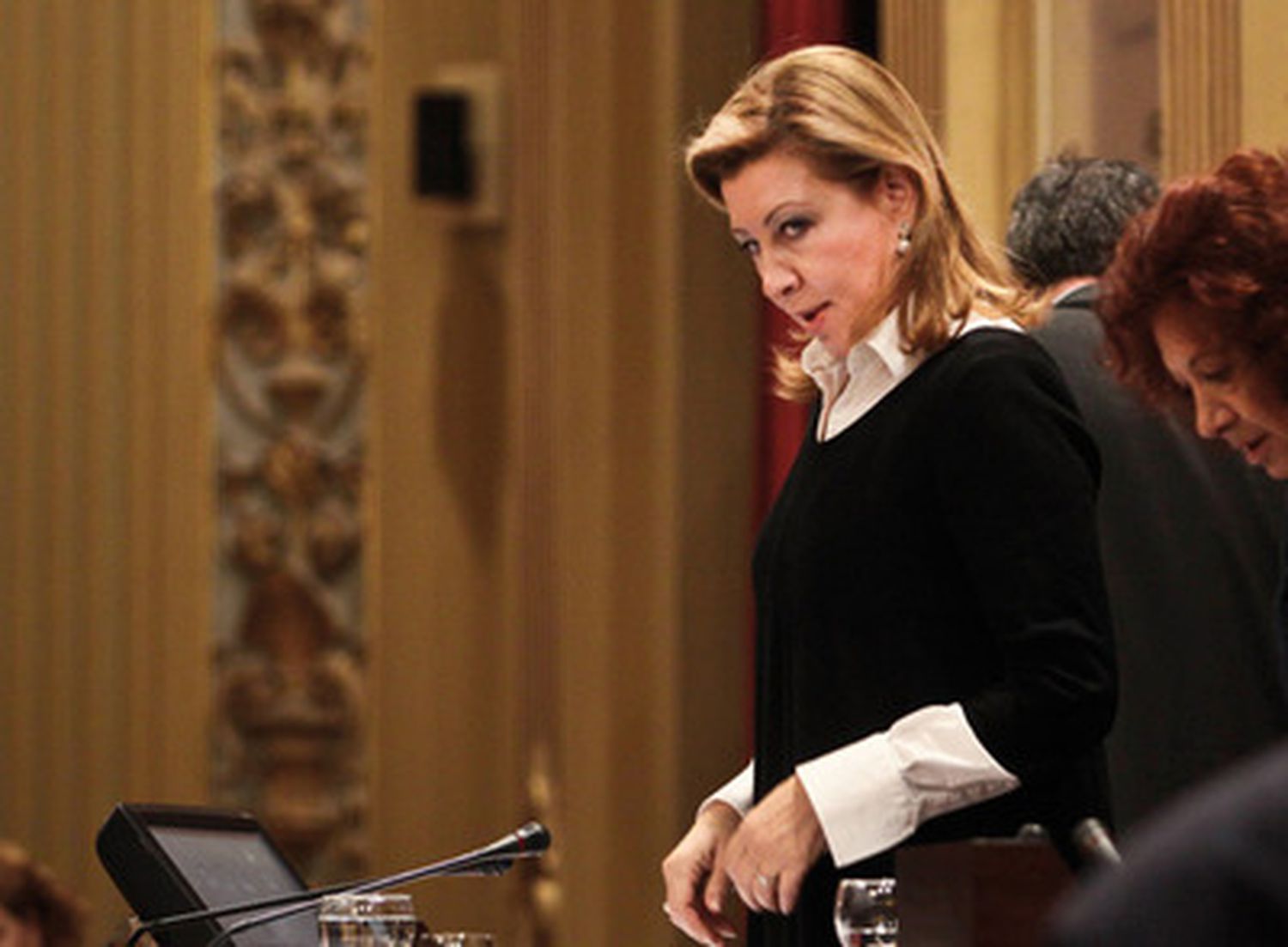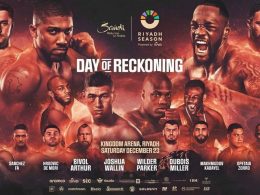A united front of both organisations and private citizens has instigated a petition to the Parliament, advocating for a more welcoming approach towards individuals with communication variances. The petition criticises the current parliamentary debate culture as an intimidating sphere, where those with unique communication styles are apprehensive about being subject to severe criticism.
This initiative was propelled by the unfortunate withdrawal of Chris Nelson, a representative of the Liberal Democrats, from his candidacy in the imminent General Election, following the receipt of offensive remarks concerning his stammer from his political counterparts.
The endeavour is led by STAMMA, also known as the British Stammering Association, and is endorsed by various notable organisations including the Royal College of Speech and Language Therapists, the Michael Palin Centre, Disability Rights UK, and the Co-op, with the commendable backing of STAMMA Patron, the esteemed actor and podcaster Scroobius Pip.
STAMMA’s Chair, Paul Fix, articulated, “It can’t be right that people fear to stand for Parliament, believing they won’t be heard or listened to because of their difference. We want Parliament to hold a debate to examine how they debate, and whether name calling, jeering and booing, should be allowed”.
Elaine Kelman, representing the Michael Palin Centre, stated, “As speech and language therapists, we support people with communication challenges and differences to become more effective and confident as communicators. As he publicly acknowledged, we helped Chris Nelson to do this with his stammering. It was so disappointing to learn that his experiences of bullying by those he sought to serve alongside in politics, led to his decision to stand down as candidate. We expect our parliament to demonstrate the same respectful behaviour and support for difference that is expected of all of us in our workplaces”.
From the Co-op, Paul Gerrard expressed, “For nearly 30 years I have worked with parliaments and politicians across the UK and have done so with a stammer. It isn’t something to be overcome, it’s part of me. Too many people, especially in politics, see it as a weakness or a vulnerability to be exploited. It is hurtful, it is plain nasty but above all else it prevents talent from entering public service which is something we can ill afford. This petition is asking those who represent us and make our laws to act with respect and welcome all views not just those who sound like them”.
Steve Jamieson, CEO of the Royal College of Speech and Language Therapists, asserted, “We fully support STAMMA’s petition calling on Parliament to practise inclusive communication and embrace peoples’ differences. People should never be heckled or made fun of for having speech, language, and communication difficulties. As our elected representatives, they should be fostering an environment where everyones’ voice is heard, and bad behaviour is not tolerated”.
Disability Rights UK’s CEO, Kamran Mallick, remarked, “Creating an inclusive society that works for everyone has to start with the government. Their role is to set the example, ensure that different voices and experiences are heard, and create environments that value and respect difference. Parliament should be a space to debate robustly and not a place where Disabled people fear bullying and discrimination. Our country will only benefit from diversity in political life. We stand in solidarity with STAMMA in calling for a change so that individuals who stammer can realise their ambitions of a role in public life”.
STAMMA, annually, responds to more than a thousand contacts from parents and adults dealing with stammering, with some reporting unfair treatment due to their speech. The organisation recently launched an Advocacy Service to tackle instances of ridicule and discrimination.
The aim of this petition is to urge MPs to reconsider and reflect on the current debate processes and their inclusivity for people with diverse ways of communicating. Founding supporters encompass individuals who experience stammering and those dedicated to assisting people with stammering or communication differences.









